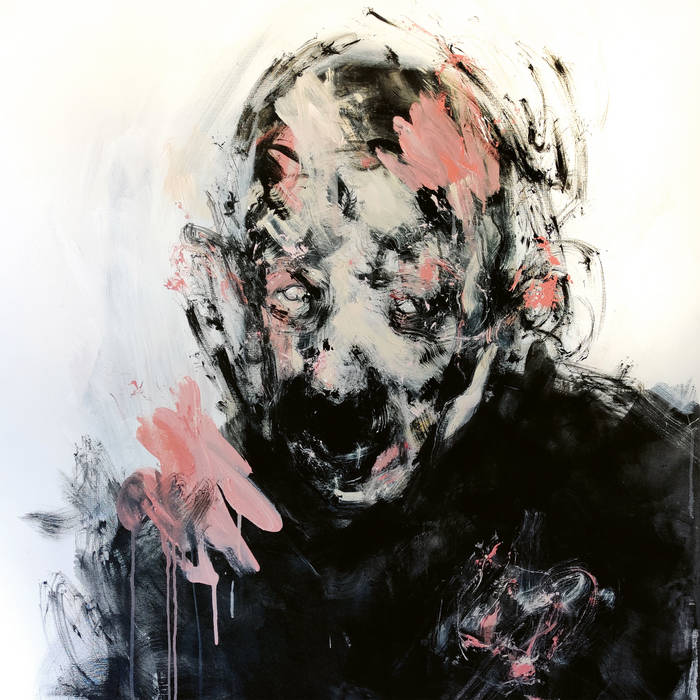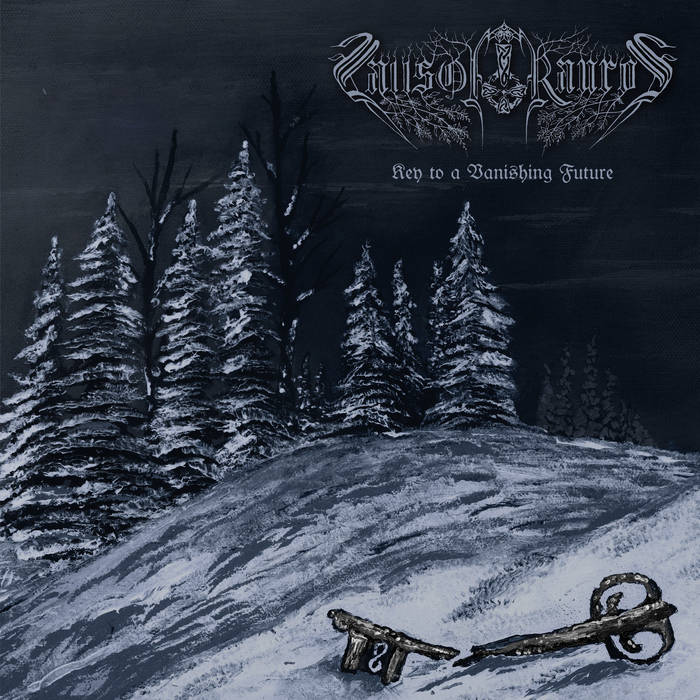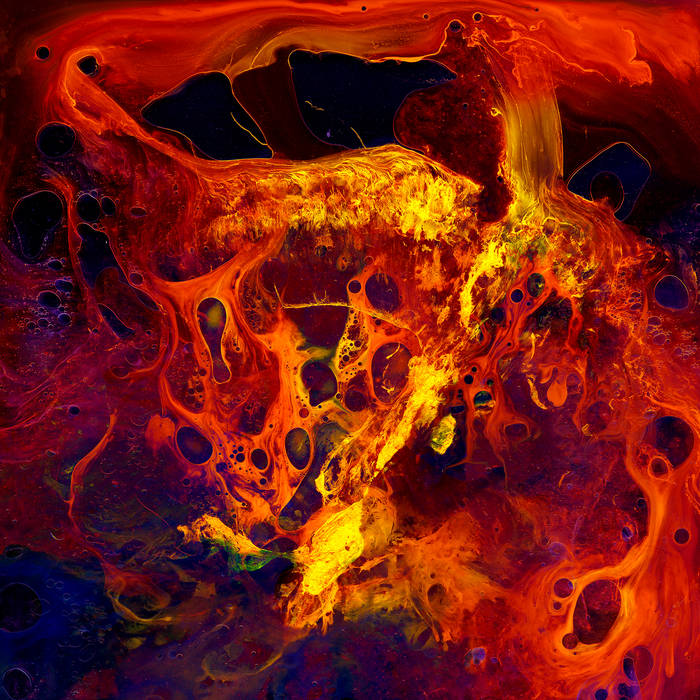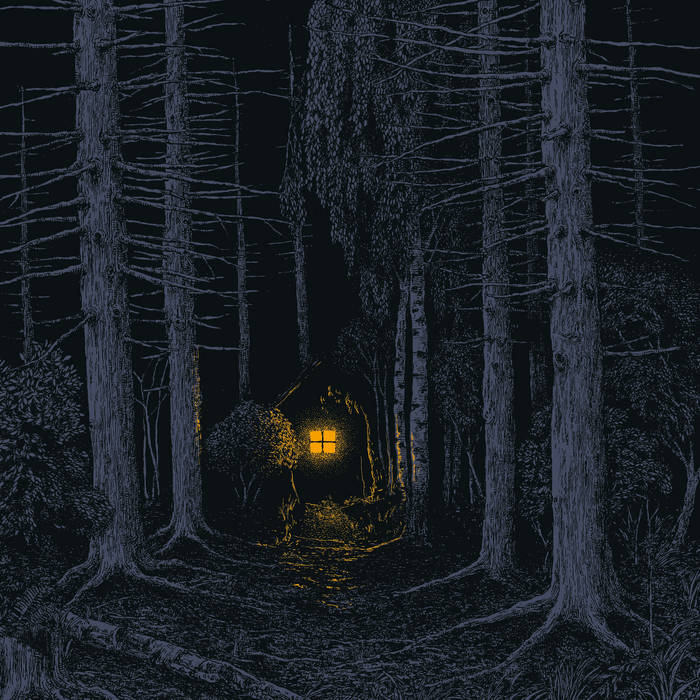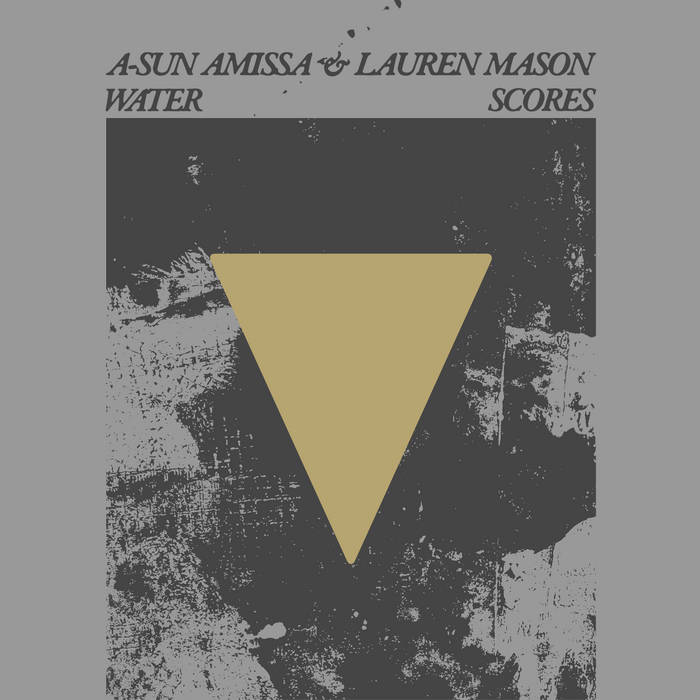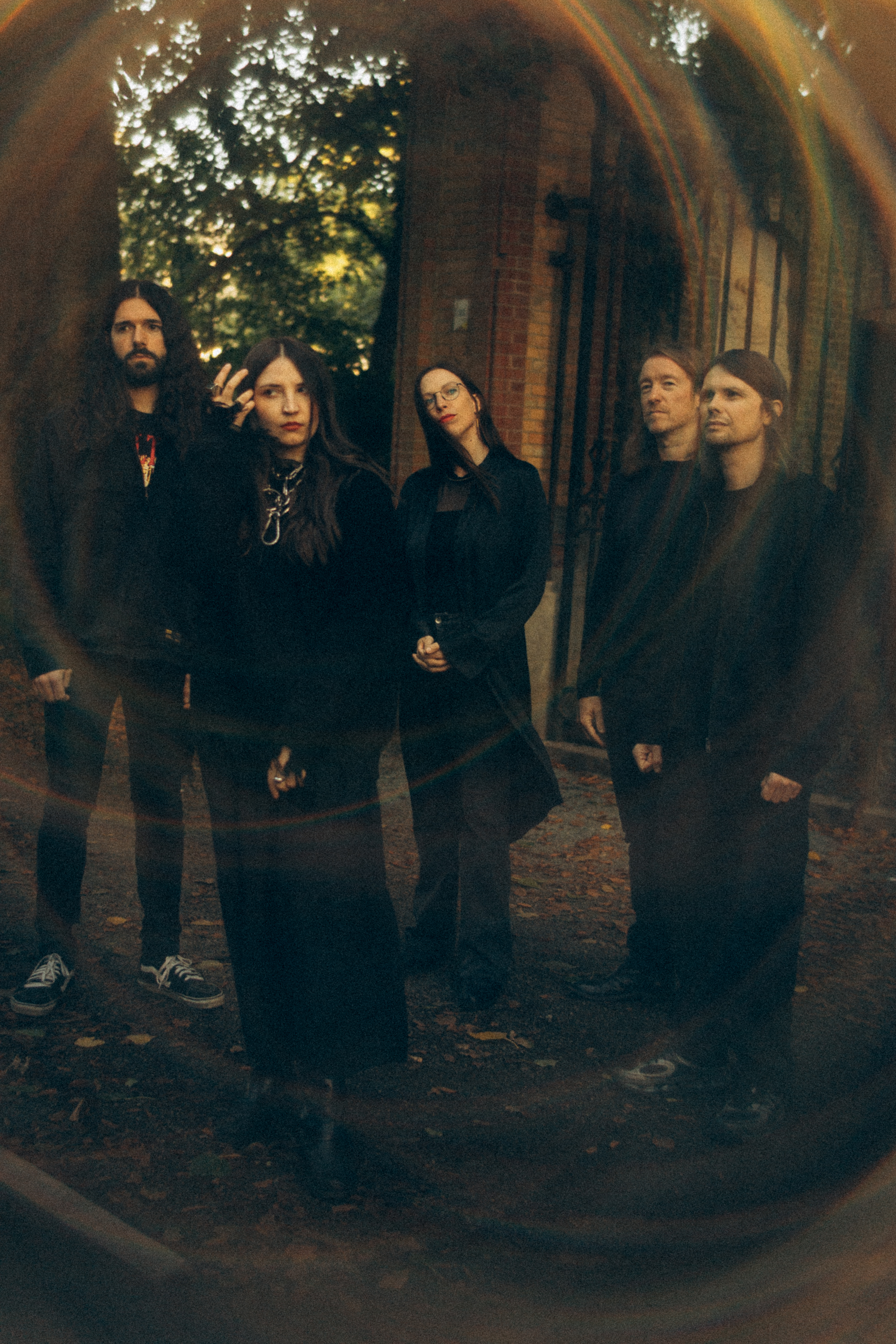Jaw-dropping. Breathtaking. Spellbinding. That’s what happened when this author first listened to the new EP (they must be joking!) by Unru. Why? Well, because it will be the EP of the year, for sure. And it might end up being the recor of the year for many, including the author of these lines. Find out why Die Wiederkehr des Verdrängten is so good.
First of all, to call a record with 54 minutes length an EP is somewhat strange, but Spotif*** did just that with this release by Babylon Doom Cult Records. And now to the reason, why this record is so good. Die Wiederkehr des Verdrängten (“The return of what was repressed”) shows song-writing at its very best and also helps to define it in a way.
What is songwriting? One might argue that there is no such thing as songwriting, that songs manifest themselves without the help of any human hand, but between you and me – that only works for bubblegum pop-songs of three minutes length. Real songs need to be written and re-written, crafted, laid low, taken up again and re-shaped. Many songs need years to develop and even though one cannot know whether Unru did just that with their latest record – but it is very clear and very impressive how precise these songs work. Take ”Der Hauch der Freiheit” (“The breeze of freedom”) as an example: More than 13 minutes and one thing becomes clear – there is not one second within this opus where the band has not clearly thought about which drum passage, which riff, how many beats, how much or how little drumming, how floaty and long the middle passage, how crusty and tornado-like everything should be. Take the highly elegant usage of the ethereal, elven-like female voice at 3:30 minutes. It is used to perfection here to lead from the whirlwind of blackened drums and riffs into a slower passage which reverberating riffs and midtempo-passage, some synths and clearly moodier, more melodic furor. Here the cymbals and toms are more important than the bass drum, the synth more than the guitar. And when the whole song then changes back to teutonic neck-traumatizements it is clearly influenced by this midtempo-passage before. And that is just one of the five tracks which each being a single masterpiece of songwriting.
And there is yet another thing about this record that is pure genius and that are the lyrics. Unfortunately for the world they are in German, but be assured that they are superb, because they follow the title of the record superbly. “The Return of what was repressed” - something that was denied by oneself for some time (which is undefined) is resurfacing through all the repressions of the current and necessary, the time-consuming present and self-delaying re-configuration. And when these things resurface, they do so in the form of undefined, not-clearly confirmed thoughts and sentences. Often in the form of pictures for which language is only somewhat of a carrier. Their meaning is usually deeper than words can go. So in order to give us an idea of the things trying to come up, Unru used a very picturesque language which might be said to be a stream of consciousness-techniques, which makes no clear sense when looking at it from a purely semantic point of view: “Wenn du mich siehst / dann weine / Hungersteine / Narbenwangige Kindsgesichter / aus der Steppe” (“When you see me / then cry / Hungerstones / scar-cheeked children’s faces / from the tundra”). Each image seems to be cut off in a way from the one before and after, but taken as images they form a gallery full of human horror – something we can neither look at nor away from. Another example? ”Führe mich nicht in die Schenke / Dort wird die Sehnsucht getrunken / Lerne: in Rausch und Gebaren / Wird ihr Zerrbild das meine” (Don’t let me into the inn / for longing is being drunk there / Learn: In (intoxicated) buzz and conduct / will her distorted image become mine”</i>. Lyrics that are worth being thought about, being talked about.
This record is full of food for ears, manna for mind, beat for the heart, furor for the fist and so much more. If you ever thought of a mix of Olhava and Show Me A Dinosaur on the one, and Ultha and My Bloody Valentine on the other hand, but never dared to dream about it, for that dream itself might already annihilate the existence of such a fragile thing – now be assured. There were five more people who also thought and wished for it. They are Unru from Germany. And after a long wait, they released an opus magnum for the ages. Crusty. Punkish. Post-Rocky. Black-Metallic. Gazey. My mouth is still open. After the third spin.

